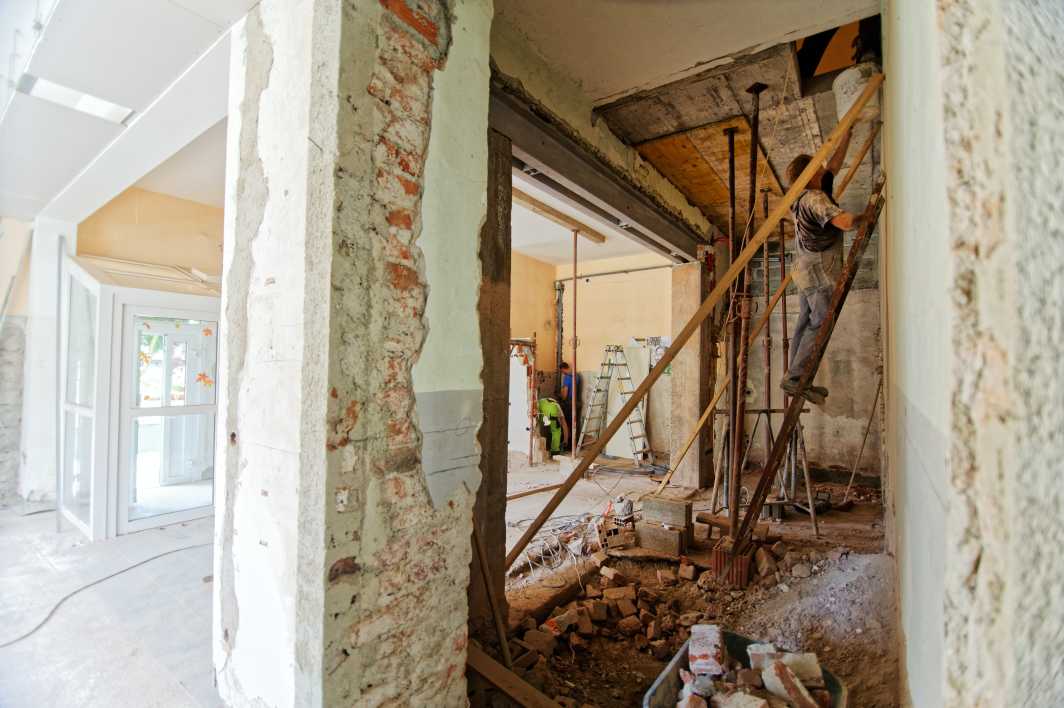Education
How to get a bridging loan quote
23 Sept 2020
If you require a short-term [business loan](https://www.fundingoptions.com/knowledge/business-loans/) to get your business from A to B, bridging finance might be just the thing you need. Use Funding Options’ bridging finance calculator to find out how much you may be able to borrow in the form of a bridging loan. We’ll ask for some basic information on how much you want to borrow, when you need the funds, what the finance is for (e.g. ‘property finance’) and your email address so we can provide you with your bridging loan quote.

Some business owners are unaware of the benefits of bridging finance and others are unsure of what it’s actually for. Read on to find out more about this unique type of business finance.
What is a bridging loan?
Bridging loans are designed to ‘bridge a gap’ in finance. Bridging loans can often be quicker to obtain than term loans; in some cases the funding can be ready in 24-48 hours. There are two main types: closed and open. Closed bridging loans have a fixed repayment date (within a few months) whereas open bridging loans have no fixed repayment date, however lenders usually expect repayment within a year. As they’re a short-term finance solution, bridging loans are priced on a monthly basis as opposed to annually. The interest rates tend to be quite high—you could pay anywhere between 0.5% to 1.5% per month in fees. The arrangement and administration fees will depend on the lender.

What can I use bridging finance for?
Bridging finance is typically used by commercial or residential property buyers and developers. It’s often used to bridge a gap in finance while a current property is sold and they’re sometimes used to pay tax bills. Bridging finance can also be used to fund renovations—from ground-up developments to smaller refurbishments and other short-term business purposes. Whatever your reason for needing finance, you’ll need to have a clear exit strategy in place and it’ll depend on if the lender has an appetite for your plans. Bridging loans are also used for purchasing:
A property at auction
Land for development
Property that is ‘uninhabitable’
Stock
Machinery or equipment
Can a bridging loan be extended?
Some lenders may consider bridging loan extension requests, and those that do will likely assess each request on a case by case basis. They may also get a third party valuer to revalue the property before they make a decision. An open bridging loan might be a more suitable option for your needs if you don't have an end date in mind.
The borrower might request an extension if:
There are delays to refurbishment works
Planning applications are taking longer to receive than expected
A sale has been agreed and the borrower is waiting to exchange contracts
More time/ funds are needed to finish the project
The borrower’s buyer pulls out unexpectedly
What’s the difference between a first and second charge bridging loan?
‘First’ or ‘second’ charge signifies which loan has priority if you default on it. For example, if you already have a mortgage on the property that you plan to extend, you’d get a second charge bridging loan. If you intend to use the bridging loan to pay off your existing mortgage, the loan will be a first charge one. Likewise, you’d qualify for the first charge loan if you’re taking out a new loan secured against the property. Details of whether a loan is first or second charge are contained within the loan documents, alongside which property is being used for security.
How do you apply for a bridging loan?
After you’ve obtained a bridging loan online quote with Funding Options, a Finance Specialist will help you to navigate the application process. When it comes to completing the application, it helps to have your documentation prepared. Depending on your project, the lender may ask you for evidence of the following:
Proof of ID
Exit strategy
Valuation report
Business plan
Your property experience
Income
Are you ready to see what you might be eligible for? Get your bridging finance quote today.
Get startedSubscribe to our newsletter today
Sign up for the best of Funding Options sent straight to your inbox.
